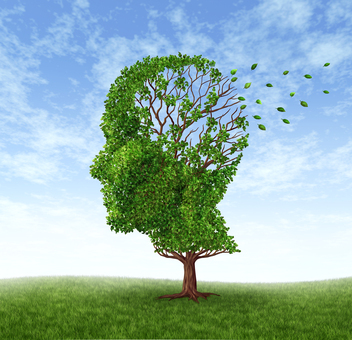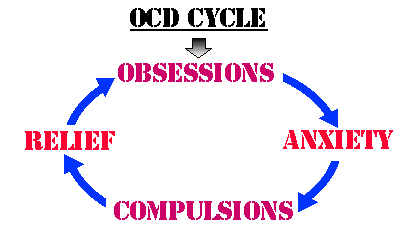Amnesia is
a deficit in memory caused by brain damage, disease, or psychological trauma. Essentially,
amnesia is the loss of memory. The memory can be either wholly lost or partially
lost due to the extent of damage that was caused. There are two main types of
amnesia: retrograde amnesia and anterograde amnesia. Retrograde amnesia is the
inability to retrieve information that was acquired before a particular date,
usually the date of an accident or operation. Anterograde amnesia is the
inability to transfer new information from the short-term store into the
long-term store. People with this type of amnesia cannot remember things for
long periods of time. Amnesia, in my opinion, is something that can be very
depressing, if you have a loved one that got into an accident and the accident
caused brain damage leading to amnesia, they could possibly forget all the
memories you guys had together or they could possibly forget who you are. I don’t
even know how I would react if one of my loved ones ever had amnesia and forgot
who I was, it’s something that I hope never happens. A couple years ago a movie
that had been created and it had to do with the subject of amnesia, was a movie
created called the vow, that was based on a true story where the girl and her
husband got into a car accident and she woke up and couldn’t remember him at
all. Our ability to recollect events and experiences is a very complex brain
process. In fact, experts say we are only now starting to scratch at the
surface in understanding exactly what happens when we commit something to
memory, or when we try to retrieve data that was stored by our brain. Being a
little forgetful is completely different to having amnesia. Amnesia refers to a
large-scale loss of memories that should not have been forgotten. These may
include important milestones in life, memorable events, key people in our
lives, and vital facts we have been told or taught.

http://www.medicalnewstoday.com/articles/9673.php
http://en.wikipedia.org/wiki/Amnesia








